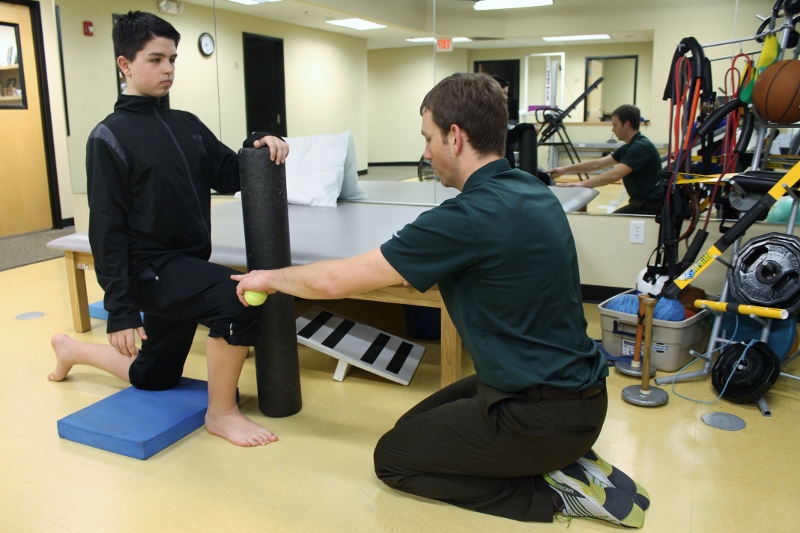This is the second blog in a 3-part series. To read the first blog, click here.
According to the National Institute of Health, orthopedic disease affects more people than diabetes, heart disease and cancer combined. In 2011, $874 billion was spent on health care costs and lost wages due to orthopedic diseases, disorders and injuries (Bone and Joint Initiative). Chronic diseases including obesity, arthritis, heart disease, diabetes, and cancer account for 87% of our health care costs, according to the CDC. These stats are very alarming to me. Many of these chronic diseases can be prevented or at least significantly delayed in onset, if we take an active approach to maintaining our health. Movement and exercise are the most common recommendations and treatments for all of these issues. For this reason, it is very important to include a movement specialist in your health care team, as we discussed in our previous blog.
Who is the best movement specialist for you?
The best answer is: it depends on your situation and your goals. If you are someone with multiple medical or orthopedic issues and your goal is to exercise for improved health while avoiding exacerbation of these conditions, a physical therapist may be your best option.
If you are a very healthy person and want to be as fit as possible, lose weight, or just be healthy, a good personal trainer is probably a good option.
If you are an athlete looking to maximize your potential, avoid injury, and improve your performance, a strength and conditioning specialist may be your best option.
Why see a movement specialist?
You may think you already know how to exercise and you don’t need any help. There are many good exercise programs on the internet except the instructor has no idea what you are capable of, or more importantly what you are not capable of. All of us, except for Mr. Perfect over there flexing in the mirror, have limitations or movement deficiencies that may predispose us to injury in our training or limit our potential for improvement. You should have an expert assess and identify this, and help you set up a proper program or program modifications.
It is also very valuable to have someone watch you to give you feedback on how you look with movement patterns you may struggle with, or with high level activities that you cannot be completely sure of your performance. If you are thinking too much about how you are doing an exercise during intense sets, you likely aren’t putting our full effort into the exercise.
What should you expect from your movement specialist?
Here is a list of key things they should provide you:
- A movement assessment: To provide you a better understanding of your body. They should identify your deficiencies/weakness and your strengths, movement patterns you should attack all out without hesitation, and movement patterns you should be more cautious with. You need to address your weakness and use your strengths to maximize your potential.
- Movement patterns you need to be cautious with to avoid injury or that you may not be ready to perform due to limitations in your body. It would probably be good to have a plan on how to improve these patterns, so in the future you have less limitations.
- A plan to attack and accomplish your goals and motivation to get there.
It is very important to have someone who can look at your movement capabilities, and help you maximize your potential and minimize your risk. Physical therapists, personal trainers, and strength and conditioning specialists are all good options. Your situation should dictate who your movement specialist is and how often you need to see them.


